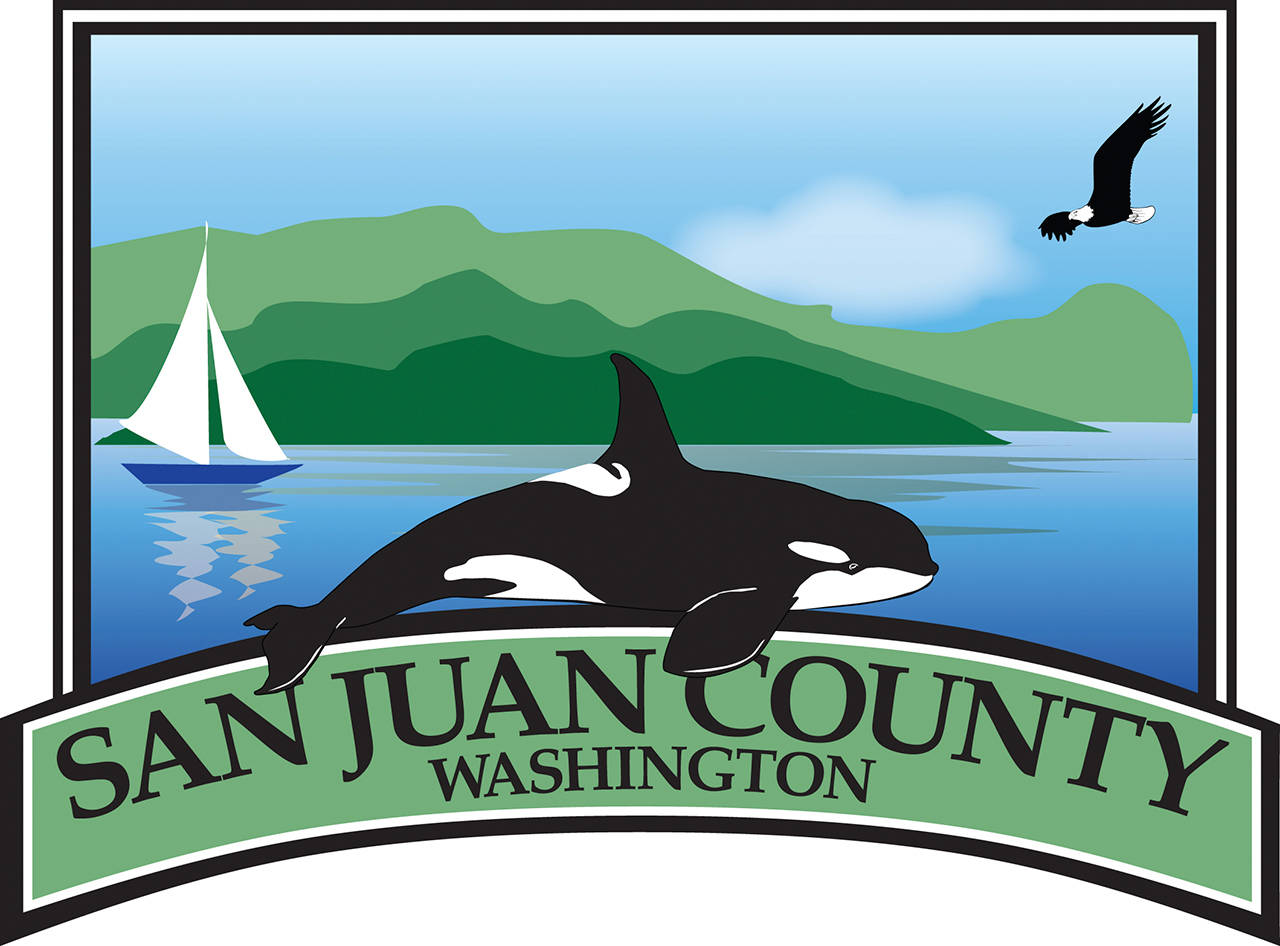New regulations to San Juan County vacation rental permits may be added soon.
“We were trying to craft some requirements to vacation rentals to make it clear as to what the expectations are,” said San Juan County Community Development Director Erika Shook, at the first public hearing on the proposed changes.
Suggestions included limiting vacation rental permits, retroactively enforcing rules, applying state septic system regulations, and better implementing code.
About 22 people gave public comment in the four-hour meeting on April 21 in front of the San Juan County Planning Commission.
Limitations
Several citizens asked for the county to limit the number of vacation rentals in neighborhoods. This would maintain developments’ character and conserve shared water units, they said.
While vacation rentals are limited outside Urban Growth Areas, Shook explained there is no limitation inside UGAs, other than the density of any dwelling unit based on parcels’ land-use designations. UGAs are defined by the state as regions with population counts similar to towns but aren’t actually incorporated, like Eastsound and Lopez Village. Changes to this could be made in the county’s comprehensive plan, which lists density regulations. The update to the plan is set to be completed in 2018.
One woman from Orcas expressed concern that her residential neighborhood now feels like a commercial zone as there are five vacation rentals using a nine-unit water system.
Vacation rentals are listed in the comprehensive plan as residential, not commercial, but people from those communities can feel like they are living next to business operations. It was not clear at the meeting if this was a Washington Administrative Code, or if the county could change the designation.
Others called to limit the number of corporate-owned rentals and possibly require only county-owned vacation rentals.
“I’m not sure if we can require that, but I would guess we’d have far less complaints,” said Shook, about the latter.
Retroactive rules
Many citizens didn’t understand which part of the proposed amendments would apply to current permit holders. The answer is that current permit holders would only comply to section K, which includes annual fire and life safety inspections and maintaining up-to-date contact information with the county.
New permits would expire every five years, while current permits would need to “certify compliance.” The latter would be a longer process to revoke permits, including letters of notifications, fines and an appeals process, while new permits would automatically expire.
Several permit holders felt they had already complied with permit code — some for as long as 20 years — and didn’t think they should have to follow new rules. Shook explained that many current permit holders don’t keep updated information with the county, especially when property switches hands, making it difficult to track vacation rentals and enforce the current code.
Septic systems
The proposed amendments to the county’s vacation rental code include limiting bedroom capacity to two people from three, based on septic system sizes in the Washington Administration Code. This rule only applies to new rentals.
One citizen explained he had spent thousands of dollars to install a larger septic system to accommodate more than the number of bedrooms his building permit states. Commissioners discussed mandating the bedroom capacity based on properties’ septic system permits.
San Juan County Environmental Health Manager Kyle Dodd could only think of one instance in his roughly two years with the county when an existing vacation rental was fined due to a failing septic system.
Shook could not think of any illegal vacation rentals that had been fined and stated it’s hard to collect money.
“We talk about these real problems and enforcement of existing code, but we probably don’t have an existing imposition of the fine,” said Planning Commissioner Brent Snow about adding additional rules to the code that county officials already have trouble enforcing.
Shook added that there is one full-time county code enforcer. It takes him about 20 minutes to locate vacation rentals listed online, without addresses. She assumed the proposed code changes could require another full-time job.
Fines range from $500 for the first 45 days to $2,500 for the first 90 days, and $1,000 each week afterward. If fines are not paid, county officials can take permit holders to court and put liens against properties.
Complaints
Current code is enforced when people complain about properties. Some at the meeting said this system encourages citizens to complain to neighbors, which can be awkward.
One woman from Orcas said, in her neighborhood, a fire allegedly started at a still-unpermitted vacation rental because it was never inspected. Monitoring rentals should not be citizens’ jobs, she said, but county officials’.
Shook explained that county officials will take anonymous complaints, though it’s not official policy. There’s also an online complaint form citizens can submit. Under the proposed changes, county officials would actively search for and enforce permit violations.
After deliberation, the planning commission will give their recommendations on the proposed changes to county council and another hearing will be set. Read about vacation rentals’ alleged effects on affordable housing and watch the Journal for updates.



